Borrell warns EU likely to lose player status in international arena
European Union foreign policy chief Josep Borrell has voiced concern over Europe's diminishing role in the world, warning that there is a high likelihood of the EU losing its position as a full-fledged player in the international arena and becoming an object of world powers’ policy.
Borrell made the remarks in a Sunday blog post, stressing that the EU should work on strengthening both European and NATO security capacities in order to prevent the risk of losing its player status in international affairs.
"Europeans are at risk of becoming more and more an object and not a player in international affairs, reacting to other people's decisions, instead of driving and shaping events ourselves," Borrell said.
He went on to say the EU should avoid its usual tendency “to have an abstract, and frankly divisive, debate” on whether it should either strengthen Europe's own security capacities or do so in NATO, emphasizing that it clearly needs to do both.
Borrell further pointed to a multi-polar dynamic where actors like Russia and China are seeking to increase their sphere of influence, either regionally or globally.
He suggested that Europe can react to the geostrategic developments either by "burying its head in the sand" and remaining a regional actor, or find ways to become more proactive.
Elsewhere in his remarks, Borrell said the United States expects Europeans to carry a greater share of responsibility for their own and world’s security, adding that he plans to travel to Washington in the coming days to discuss these issues with US Secretary of State Antony Blinken.
He also noted that the EU's new Strategic Compass plan, which will lay out Europe's security and defense strategy until 2030, will be drafted before the end of this year.
The latest development comes as top EU officials have branded as a “wake-up call” the recent decision by the United States and Britain to exclude France from a $40-billion agreement to supply conventional submarines to Australia.
French and German ministers have also said that the Western decision to strip France of the submarine supply contract was a stark reminder the EU must bolster its capacity to act independently.
Back in September, the US, Britain, and Australia established a security alliance – dubbed AUKUS – for the Indo-Pacific to protect what they called their shared interests and help Australia acquire American nuclear-powered submarines.
The new security pact effectively scuttled a previous $40 billion deal between France and Australia that was signed to supply French-designed conventional diesel-electric submarines to the Australians.
Under AUKUS, the three countries have agreed to enhance the development of joint capabilities and technology sharing and foster deeper integration of security and defense-related science, technology, industrial bases, and supply chains.
Borrell has already said the AUKUS alliance carries significant implications for the future of EU relations with Washington.
Gaza death toll surpassed 75,000 in first 16 months of genocide: Survey
VIDEO | US attack on Iran & world economy
Azerbaijan president meets top Israeli lobby group leadership during visit to US
Israeli settlers kill 19-year-old Palestinian man in West Bank raid
Israel installed, managed security system at Barak-Epstein New York flat: Report
Iran deplores Israel’s new land grab scheme in West Bank
VIDEO | Vienna holds conference dubbed 'Iranian-Islamic Civilization, Identity and Historical Splendor'
VIDEO | Press TV's news headlines


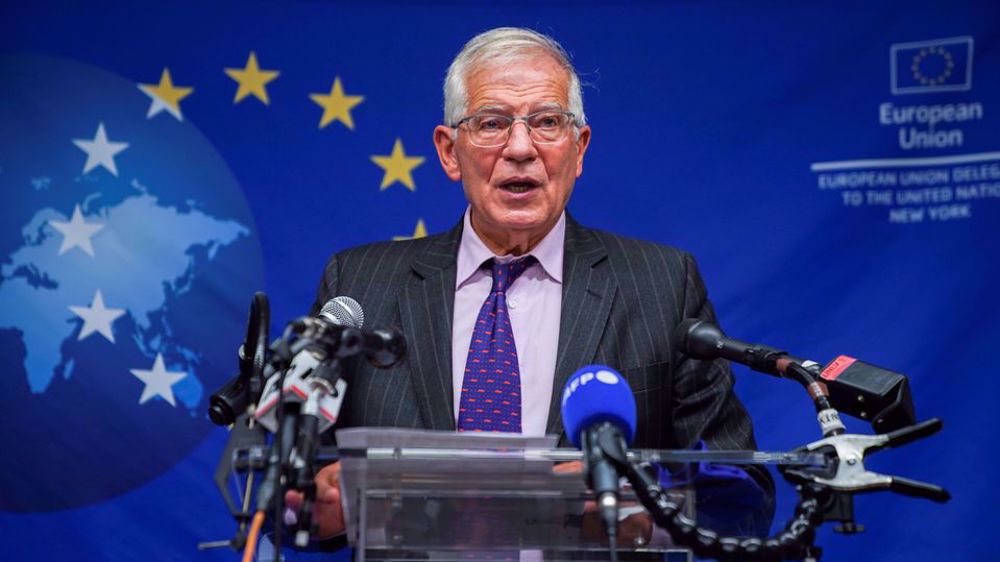
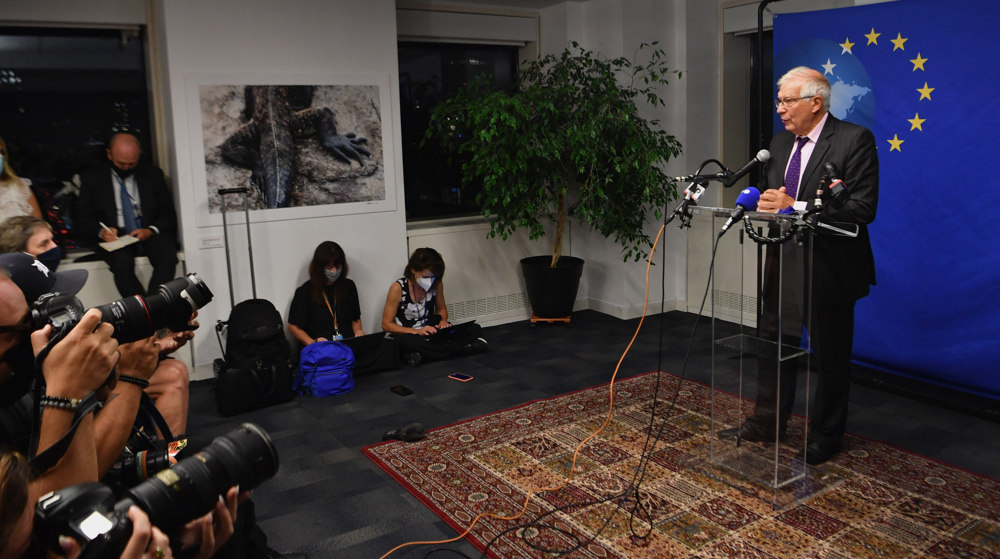
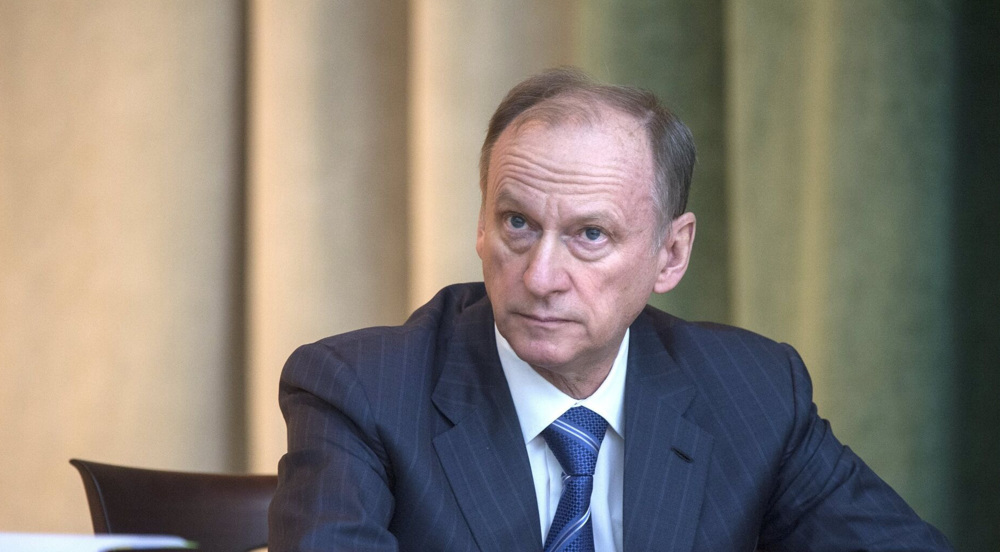





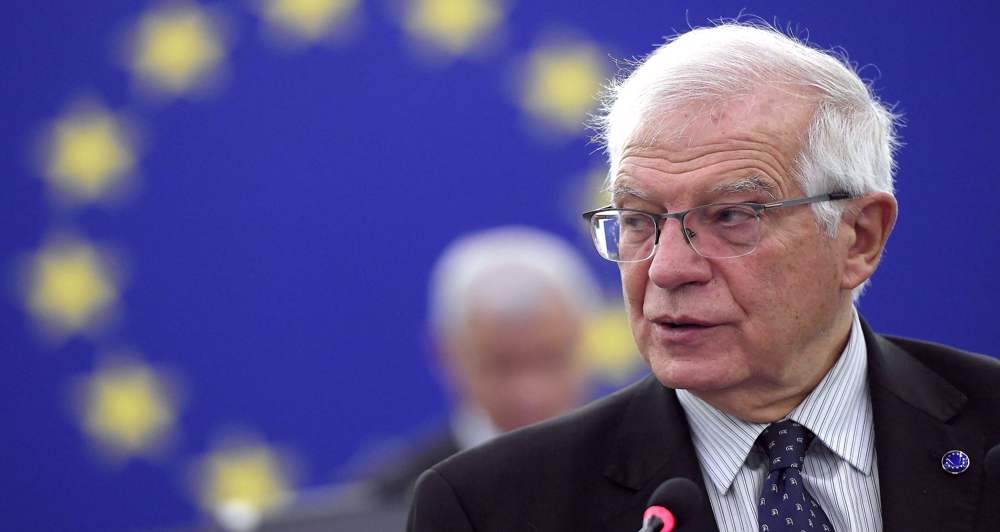
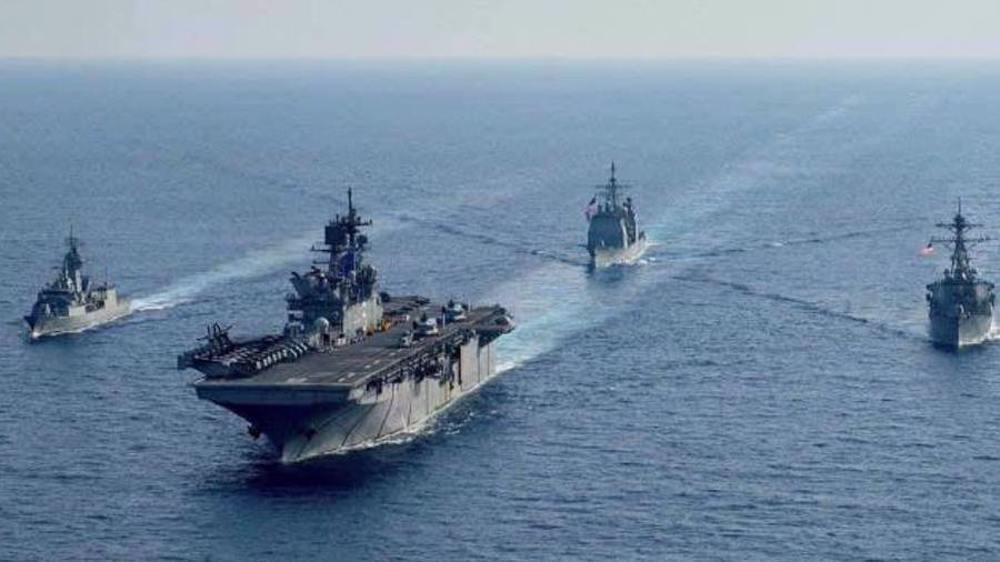
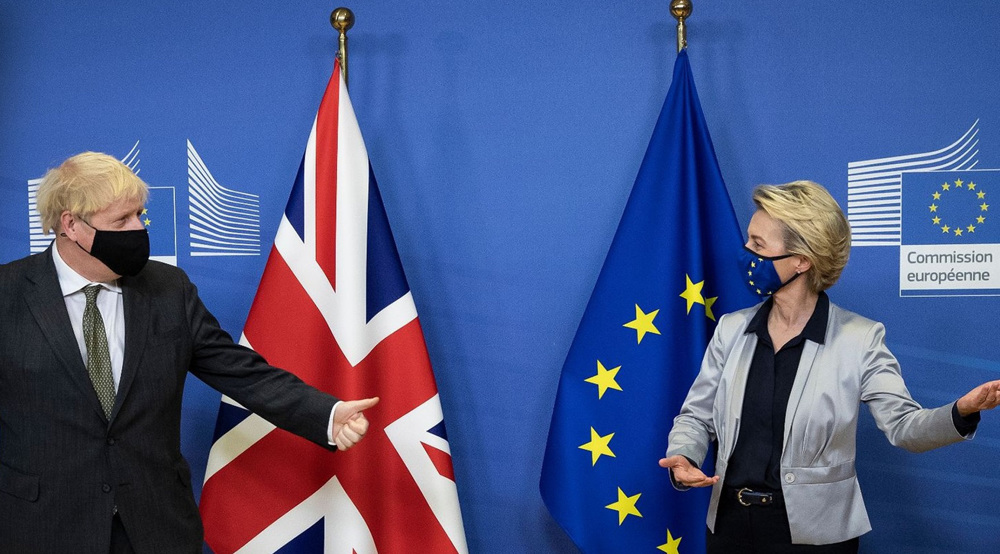
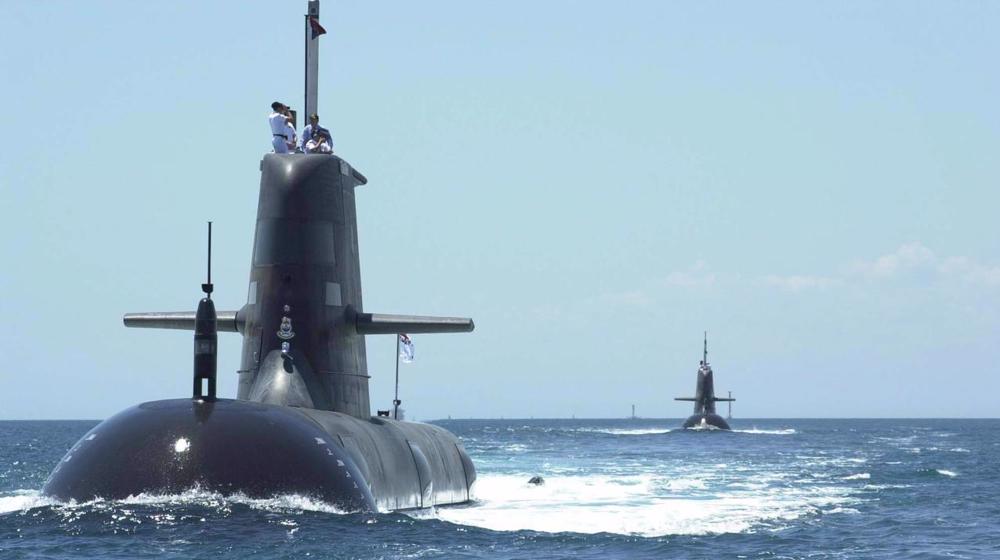

 This makes it easy to access the Press TV website
This makes it easy to access the Press TV website